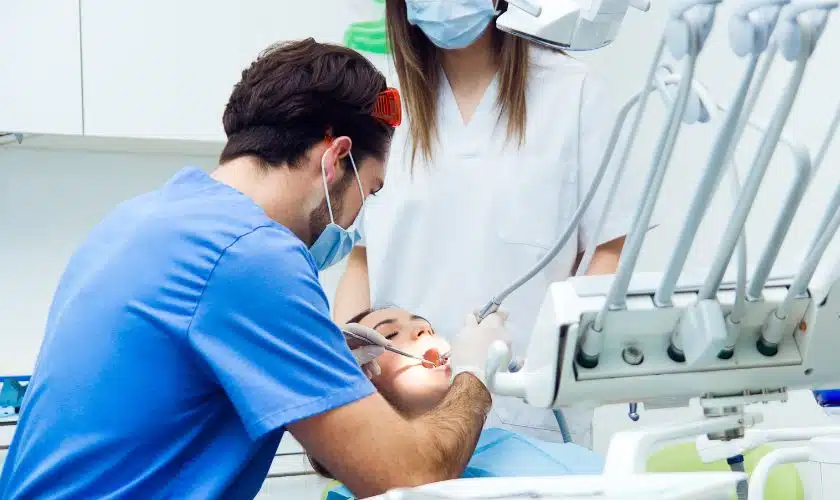Root canal therapy is a common dental procedure aimed at saving a severely infected or damaged tooth. While the majority of root canal treatments are successful, like any medical procedure, there can be risks and adverse reactions. In this blog, we will delve into the intricacies of root canal therapy, exploring potential risks and adverse reactions to provide a comprehensive understanding for patients.
What is Root Canal Therapy?
Root canal therapy, also known as endodontic treatment, is a dental procedure designed to remove infected or damaged pulp from the inside of a tooth, clean and disinfect the root canals, and then seal them to prevent further infection.
Common Risks Associated with Root Canal Therapy
-
Infection
Before Treatment: If there is a severe infection in the tooth, the procedure might not eliminate all bacteria, leading to persistent infection.
After Treatment: In rare cases, a new infection may occur post-treatment due to incomplete sealing of the root canals or the development of a new issue. -
Instrument Breakage
During the procedure, dental instruments used to clean and shape the root canals may break, potentially requiring additional measures to retrieve or bypass the fragment.
-
Cracked Tooth
The tooth being treated may become weakened, leading to the possibility of cracking or fracturing. This risk is higher for molars, especially if significant tooth structure has been removed during the procedure.
-
Pain and Discomfort
Some patients may experience persistent or increased pain after root canal therapy, although this is uncommon. This could be due to an undetected canal, inadequate cleaning, or other factors.
Adverse Reactions to Root Canal Therapy
-
Allergic Reactions
Though rare, some patients may experience an allergic reaction to the materials used during root canal therapy, such as rubber dams or irrigation solutions. Allergic reactions can manifest as itching, swelling, or difficulty breathing.
-
Numbness and Tingling
Following the administration of local anesthesia, some patients may experience temporary numbness or tingling around the treated tooth or in the mouth. This typically resolves as the anesthesia wears off.
-
Sinus Issues
Root canal treatment on upper molars close to the sinus floor may, in rare cases, lead to communication between the tooth and the sinus. This can result in sinus-related symptoms, such as congestion or sinus infections.
Minimizing Risks and Adverse Reactions
-
Choose a Qualified and Experienced Dentist
Selecting a qualified and experienced dentist or endodontist significantly reduces the risks associated with root canal therapy.
-
Pre-Treatment Evaluation
A thorough pre-treatment evaluation, including X-rays and clinical assessments, helps identify potential complications and ensures appropriate treatment planning.
-
Follow Post-Treatment Instructions
Adhering to post-treatment instructions, including prescribed medications and follow-up appointments, is crucial for minimizing risks and promoting proper healing.
-
Communication with Your Dentist
Open and honest communication with your dentist is essential. Discuss any concerns, allergies, or previous adverse reactions to dental treatments to ensure a tailored and safe approach.
When to Seek Immediate Help
If you experience severe pain, swelling, or signs of infection after root canal therapy, it is essential to contact your dentist promptly. Additionally, any signs of an allergic reaction, such as difficulty breathing or swelling of the face, require immediate medical attention.
Conclusion
While root canal therapy is a highly successful and routine dental procedure, it is crucial to be aware of potential risks and adverse reactions. Choosing a qualified dentist, thorough pre-treatment evaluation and clear communication can significantly minimize these risks, ensuring a successful and comfortable root canal experience. If you have concerns or questions about root canal therapy, consult with your dentist for personalized guidance and information.

